The Firebrand from Ratnagiri: Unpacking the Life of Veer Savarkar
The Man Behind the Icon
Born in 1883 in the village of Bhagur near Nashik, Vinayak Damodar Savarkar carried the air of rebellion from an early age. Orphaned young, he poured grief into nationalism and joined movements that refused to bow before the British Empire. After schooling in Pune, he moved to Mumbai and later to the United Kingdom, where he studied law and radicalized Indian political thought from exile.
While in London, Savarkar co-founded Abhinav Bharat, a secret society committed to armed resistance against British rule. It wasn’t just rhetoric—his writings openly called for revolution and inspired a generation of freedom fighters, including those who later formed the core of India’s militant nationalism.
The Freedom Fighter Who Shaped Strategy from a Cell
Savarkar’s political awakening took a drastic turn in 1909 when he was arrested for his alleged role in a political assassination. He was sentenced to two life terms—50 years—in the notorious Cellular Jail in the Andaman Islands. From his dark isolation cell, without access to pen or paper, he mentally composed thousands of lines of poetry, later transcribed and published. That wasn’t mere literary output—it became symbolic ammunition for Indian resistance narratives.
His eventual release in 1924 did not halt his activism. Settling in Ratnagiri, he rechanneled his energies towards sociopolitical reform through writings, public speeches, and ideological advocacy. Though restricted from mainstream political participation for years, he emerged as a voice that refused to dilute its stance.
The Philosopher Who Gave Language to an Ideology
In 1923, Savarkar published ‘Hindutva: Who is a Hindu?’—a document that codified a civilizational and cultural identity into political philosophy. He argued that Indian national identity must be rooted in a shared cultural history rather than just territorial cohabitation. Over time, the term “Hindutva” moved from abstract idealism into the lexicon of organized politics, heavily influencing the ideological base of parties like the Rashtriya Swayamsevak Sangh (RSS) and later the Bharatiya Janata Party (BJP).
To some, he stood as a rationalist and reformer who refused to romanticize illogical customs in Hindu society. To others, his views polarized the independence movement with an exclusionary tone. Either way, his influence dug deep roots across the ideological spectrum in India, leaving no room for neutrality in historical debates.
Quick Facts
- Born: 1883
- Died: 1966
Explore the World of Veer Savarkar: Key Categories to Discover
Veer Savarkar’s writings span across political history, ideology, personal struggle, and social reform. His published works don’t fall under a single theme—they interweave revolutionary fervor, ideological depth, and intimate accounts of resistance. The following categories present a curated map to navigate the vast terrain of Savarkar’s literary legacy.
📜 Indian Freedom Struggle
Books in this category illuminate Savarkar’s enduring commitment to India’s political emancipation. Rather than advocating passive resistance, he called for assertive self-determination. Explore:
- “The First War of Indian Independence – 1857”: A revisionist interpretation where Savarkar rejects the British narrative and establishes the rebellion as a unified nationalist uprising.
- Texts chronicling the rise of secret revolutionary circles inspired by his vision—often at odds with Congress-led nonviolence.
- Analyses of how Savarkar’s calls for ‘Swatantrya’ shaped underground student activism and early nationalist journals.
🕯️ Hindutva Ideology
No book has had a longer shadow than Savarkar’s “Hindutva: Who is a Hindu?”. Originally published in 1923 under a pseudonym, it sketched a framework for cultural nationalism rooted not only in religious identity but shared civilization and historical continuity. Key readings include:
- Annotated editions of “Hindutva” that provide contemporary contextual commentary.
- Books examining the founding of the Hindu Mahasabha and its transformation into a nationwide ideological body.
- Writings tracing how Savarkar’s ideas on Hinduness diverged from mere religiosity, asserting it as a political identity.
🔥 Armed Resistance and Revolutionary Nationalism
Before Gandhi’s rise, Savarkar embodied a different path: one of strategic violence and organized resistance. His connection with revolutionary organizations was not peripheral—it was central. In this category, look for:
- Works on Abhinav Bharat, the secret society Savarkar co-founded in 1904, modeled partially after Italian nationalist movements.
- Detailed accounts of the Nashik Conspiracy Case and the assassination of a British official as a fallout of Abhinav Bharat’s activities.
- Treatises on his vision of “war of liberation” as a just approach within occupied nations.
🚫 British Colonialism and Incarceration
To read Savarkar is to trace the brutality of the British Empire. His incarceration in Cellular Jail, Port Blair—commonly known as Kala Pani—redefined political imprisonment. This section offers:
- “My Transportation for Life”: A haunting first-person memoir that documents torture and endurance in the Andaman penal colony.
- Critical assessments of colonial justice mechanisms used to silence Indian radicals.
- Compilations of letters and notes smuggled out of prison, preserving early blueprints for ideological networks beyond jail walls.
🧠 Political Philosophy of Savarkar
Savarkar’s intellectual evolution cannot be bracketed into binaries. He dissected democracy, nationhood, and ethics with sharp clarity. Comparative thinkers like Nehru leaned toward international socialism, Savarkar skewed toward assertive sovereignty. Featured readings:
- Academic critiques like “Savarkar: Echoes from a Forgotten Past” that contrast his worldview with Gandhi’s pacifism and Ambedkar’s constitutionalism.
- Essays on his conceptualization of a “Hindu Rashtra” as a modern political vision—not a theological construct.
- Exploratory dialogues between his secular writings (yes, they exist) and the prevailing political thought of 20th-century Europe.
🧬 Historical Biography
Savarkar’s biography unfolds like a novel: early brilliance, personal loss, prison, politics, and eventual marginalization by mainstream history.
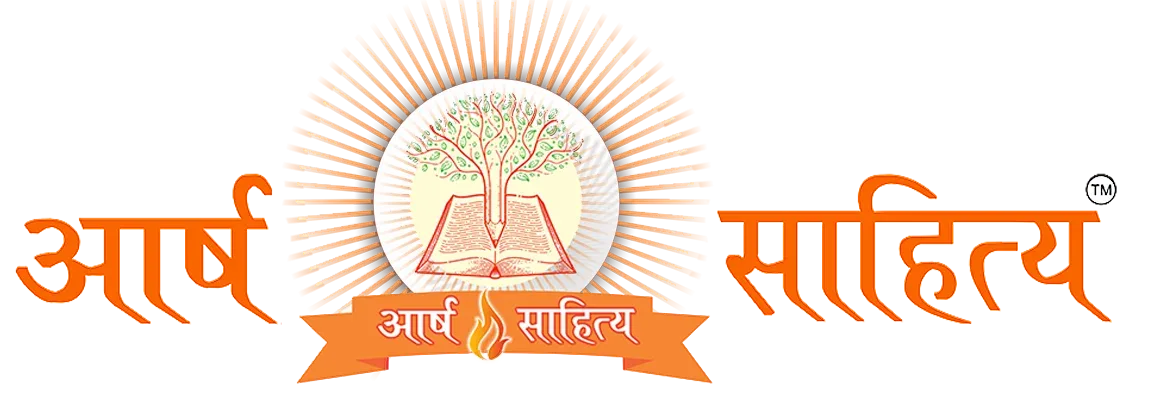

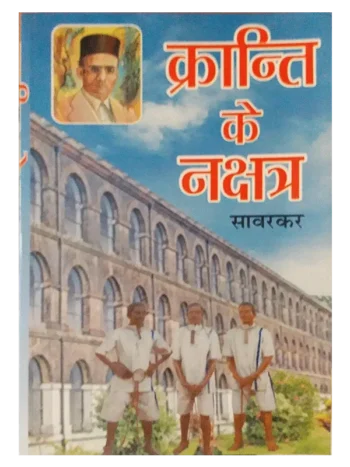
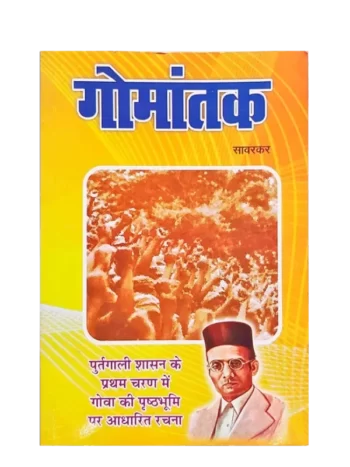
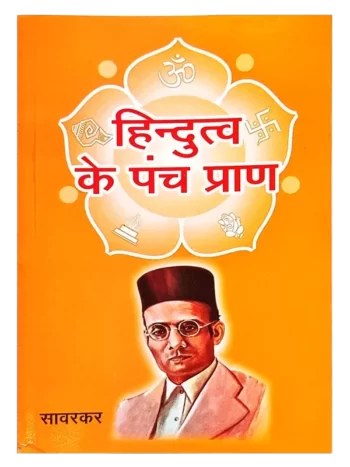
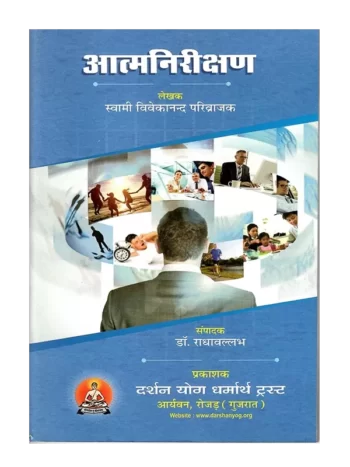
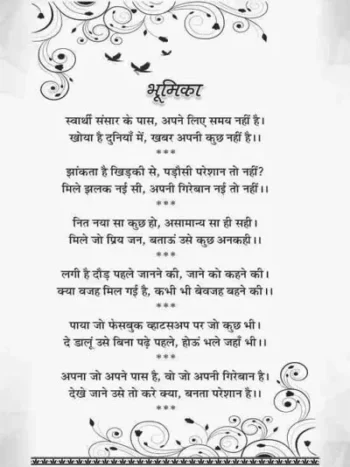
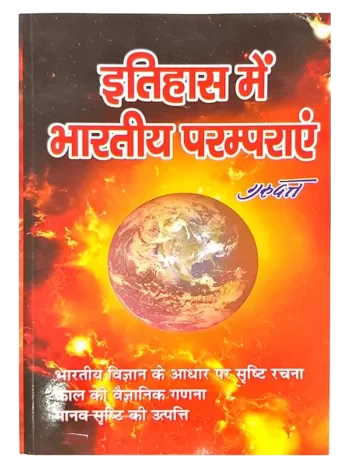
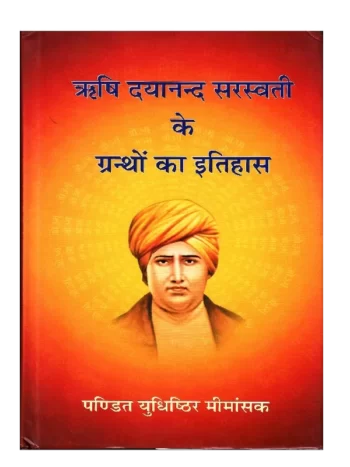
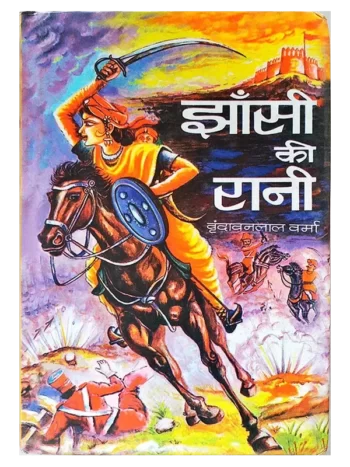
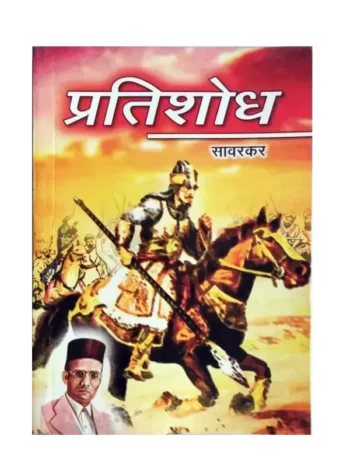
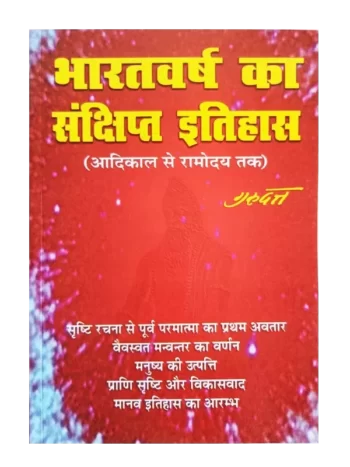
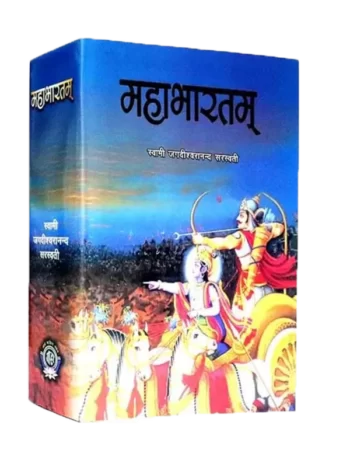
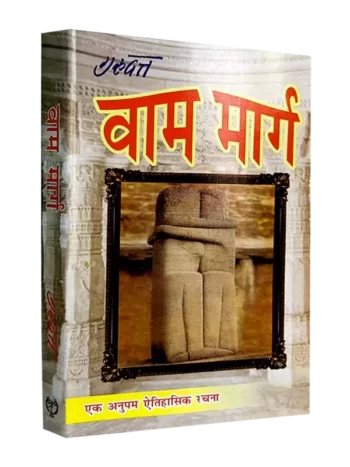
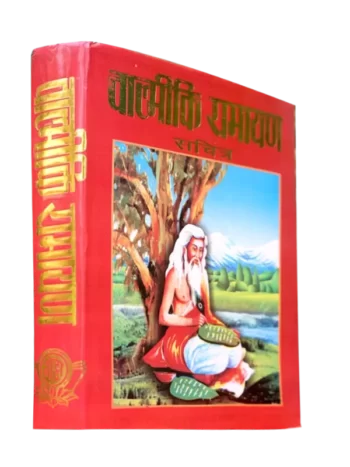
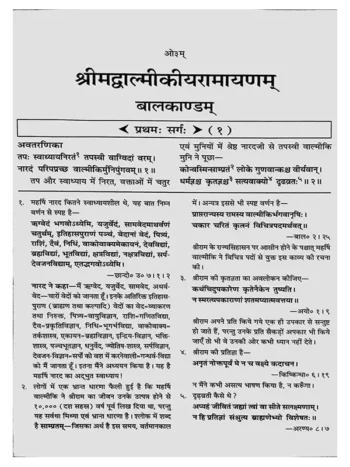
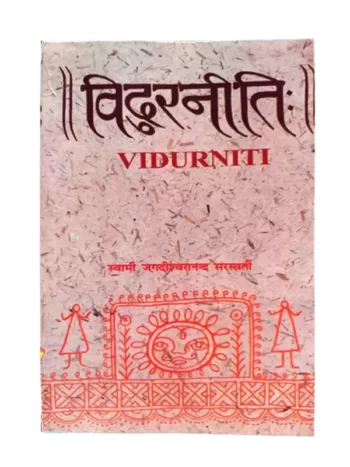
Reviews
There are no reviews yet.